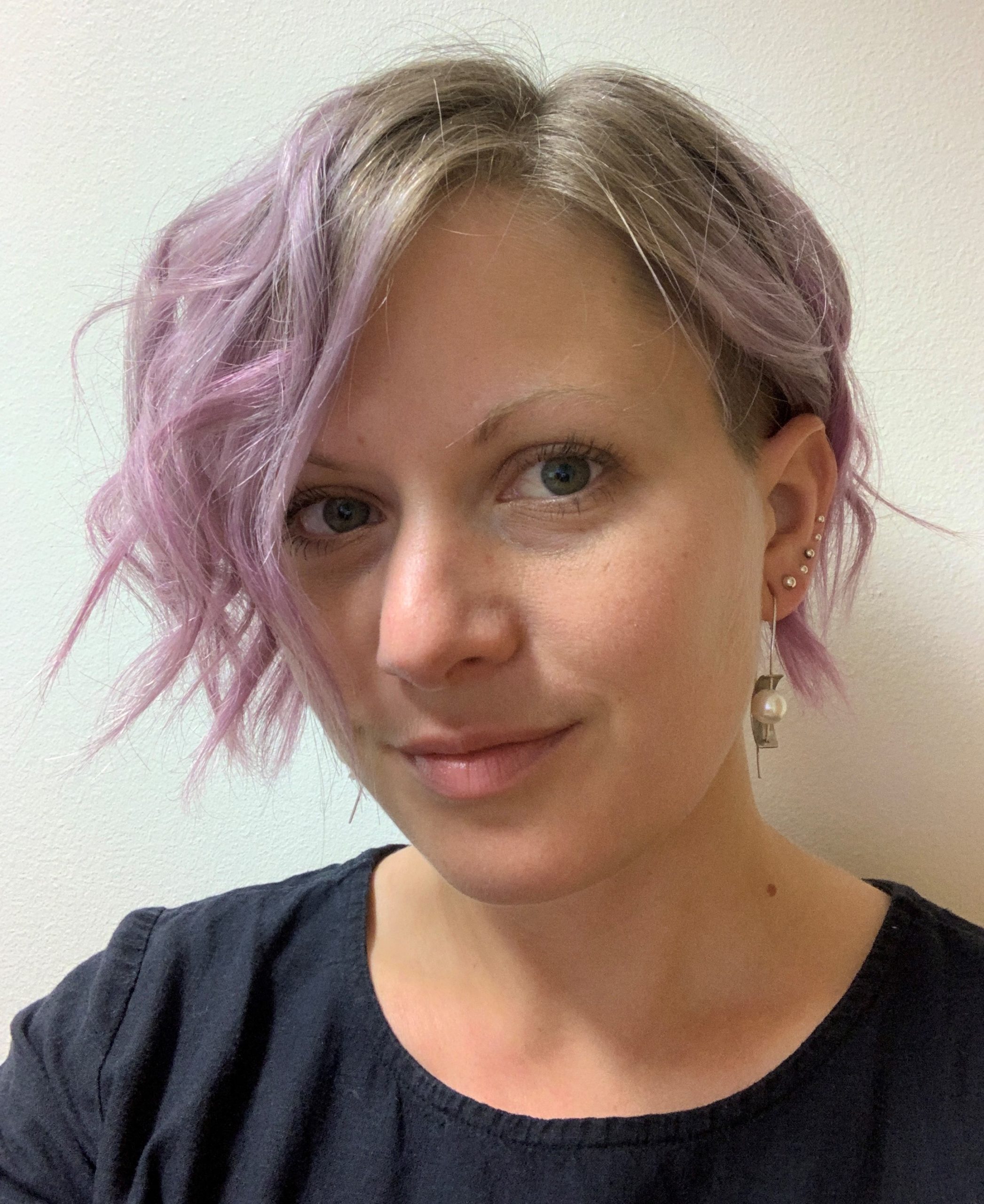Chloe Beale unpicks the tropes of many doctor-patient narratives: her lived experience of mental illness hasn’t given her special insight into her patients, she says, and it is not a remedy for stigma
 When I became unwell with a mental illness, I was about five years into my job as a consultant psychiatrist. As soon as I decided to take leave from work and seek treatment, I made a point of speaking completely openly about my illness. Colleagues, friends, and family were all made aware of what was going on and I have tried to maintain that candour now I am recovering. Several people have called my actions “courageous”; various others have suggested that I would be a better psychiatrist for this new insight I’ve gained into my patients’ experiences. I vehemently disagree with both views.
When I became unwell with a mental illness, I was about five years into my job as a consultant psychiatrist. As soon as I decided to take leave from work and seek treatment, I made a point of speaking completely openly about my illness. Colleagues, friends, and family were all made aware of what was going on and I have tried to maintain that candour now I am recovering. Several people have called my actions “courageous”; various others have suggested that I would be a better psychiatrist for this new insight I’ve gained into my patients’ experiences. I vehemently disagree with both views.
It is well known that, historically (and, for some, currently), stigma towards mental illness within the medical profession has been a significant problem. While those doctors who led the way in speaking openly about their mental health have rightly been applauded for their honesty, we must be realistic about the limits of clinicians’ lived experience—both as a benefit to practice and as a tool for demolishing stigma.
My lived experience is only mine. Others will have a different view, of course, but I don’t consider my history of mental illness and NHS treatment to mean I have a greater ability to empathise with all my patients. I do not have any firsthand knowledge of many of the social factors that precipitate and perpetuate illness in so many people; I experience illness from a baseline of privilege. I never feared stigma or job loss secondary to illness because I have very good friends and colleagues around me (granted, something that is not common to all doctor-patients). My job gave me the financial stability to take long sick leave and to negotiate a very careful return to work. I have a solid support network. I have so much that so many do not.
Mental illness is no leveller. It is vastly heterogeneous and I cannot possibly know what it’s like to experience any condition other than my own. Being a doctor with lived experience does not make me good at my job by default or give me a greater level of insight into the very varied lives of my patients, nor does it give me the right to speak for anyone but myself. It certainly doesn’t permit me to make a consultation with a patient about me and my life.
That said, I have gained certain insights. For example, I think I do have more empathy towards people who share my particular diagnosis than I had as a clinician alone. Having been a psychiatric patient, I am much more aware of the power imbalance between clinicians and patients in this specialty. I am more attuned to the roles and needs of families and carers of patients than I used to be. Since receiving treatment I find I am more mindful of the “little” things and how they impact patients, such as administrative errors, cancelled appointments, and communication failures. It shouldn’t, however, take a stint on the receiving end to focus a doctor’s attention on these things; perhaps this speaks more to our collective tendency to overlook aspects of our patients’ experience than to any unique insight on the part of the doctor-patient.
I am vigilant to any warning signs of burnout in colleagues these days and so much more ready to reach out and offer support. Illness may not have made me a better doctor but I like to think it has made me a better friend.
Being a clinician affected the way I felt and behaved as a patient. My career background empowered me with insider knowledge and access to expertise in a way that is not the same for all patients. As a consultant psychiatrist, I felt more able to negotiate the power imbalance when I found myself on the “other side.” However, I was also very afraid of being unable to access care because of what I knew of how services fail people. I did not seek help early because I didn’t think anyone would take me seriously—a view perhaps distorted by my mental state at the time but nevertheless founded on experience as a referrer. I was obsessed with being a perfect patient, pursuing a totally linear recovery, because I was terrified of being labelled any of the things I have heard clinicians say about patients: “demanding,” “manipulative,” “difficult.”
I can’t give the expected, tidy narrative of emerging stronger for having my illness. I am incredibly fortunate for many reasons, but I still feel vulnerable and damaged and there is no part of my life which has not been adversely affected. It is what it is; neither tragedy nor inspirational success story, not a window into my patients’ minds and certainly not the remedy for deeply ingrained stigma.
Having a mental illness does not make me unusual among doctors and I only wish that candour was more commonplace; perhaps then we would be better as a profession at recognition and even prevention.
Chloe Beale is a consultant liaison psychiatrist and honorary senior clinical lecturer as well as suicide prevention lead for East London NHS Foundation Trust. Twitter @DrChloeBeale
Competing interests: None declared.
